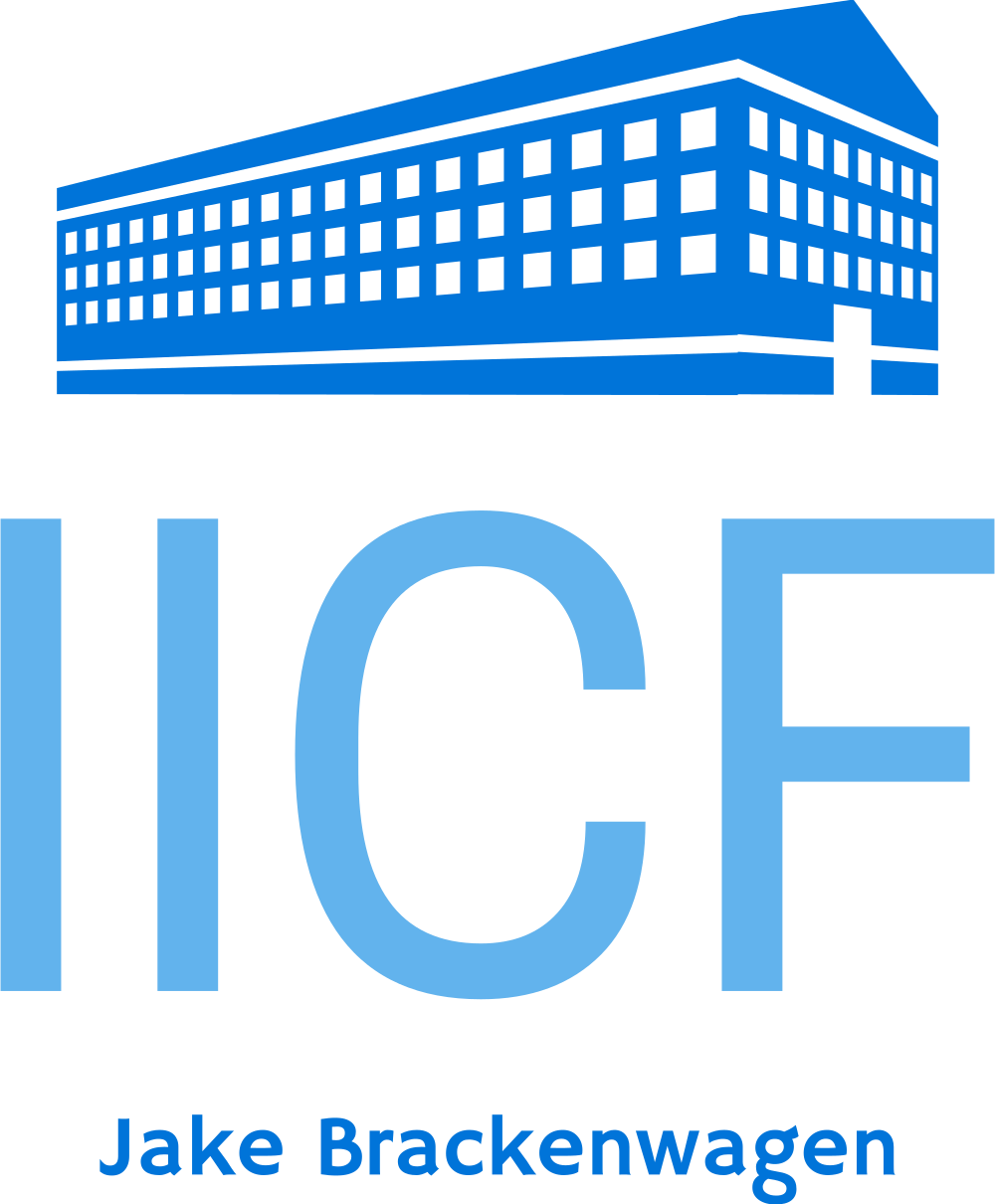Call Jake Today (534) 444-9957

How To Calculate Net Operating Income (NOI) (Real Estate)
Net Operating Income (NOI) is a must-know for real estate investing. It evaluates income potential and subtracts operating expenses to measure a property's profitability. To calculate it, start by figuring the total income from all sources. Then, subtract any vacant or uncollected rents for Effective Gross Income (EGI). Lastly, deduct the operating expenses, such as maintenance costs, management fees, insurance, and taxes. This gives you the NOI.
Remember: NOI excludes financing costs and taxes. This helps you compare properties based on performance. To show how critical it is, let me tell you a story. A friend of mine was about to buy a multi-unit building in a great neighborhood. It had high rental rates and low vacancy. But when he calculated the NOI, the property's operating expenses were higher than expected! Maintenance costs were through the roof. Fortunately, he figured this out and avoided a costly mistake.
What is Net Operating Income (NOI)?
Net Operating Income (NOI) is a metric used in real estate to evaluate an investment property's financial performance. It's the total revenue minus operating expenses, like maintenance, taxes, and insurance.
Calculating NOI helps investors assess the profitability and sustainability of a property. Plus, it can show rental income and other sources, like parking fees or laundry.
NOI serves as a basis for various financial analyses too. Lenders use it to calculate Debt Service Coverage Ratio (DSCR). Appraisers also rely on it when valuing commercial properties.
Understanding how to calculate NOI is essential for real estate investors. Deduct operating expenses from total revenues over a given period. But be careful not to mix it up with cash flow - NOI doesn't include financing costs or non-operating income.
NOI is an invaluable tool for real estate investors, providing insights into a property's financial health without getting bogged down in extraneous details.
By mastering the calculation and interpretation of NOI, investors can make informed decisions and maximize their chances of success in the competitive world of real estate.
Importance of calculating Net Operating Income in Real Estate
NOI is crucial for real estate investors. Subtracting expenses from income gives a clear measure of the property's financial performance. This figure excludes taxes and financing costs, so it reflects the cash flow from core operations.
Lenders and appraisers use NOI to assess value. Higher NOI means more potential profit. This info is vital during negotiations, helping to accurately value the property.
John wanted an income-generating property with a low purchase price. He found a neglected commercial building and calculated its NOI. Despite minor repairs, it had excellent cash flow potential.
John decided to take on the project. He increased rental rates and attracted tenants. Thanks to the initial NOI calculation revealing profitability, financing was secured and returns on the investment were significant.
Step-by-step guide on how to calculate Net Operating Income
Net Operating Income (NOI) is a key metric used in real estate to work out the profitability of an investment property. Knowing how to calculate NOI is essential for investors, as it reveals the possible income a property can generate after deducting operating expenses and other costs.
Step 1: Calculate Gross Potential Income (GPI).
To work out NOI, first calculate the Gross Potential Income. This includes all potential rental income from all units or spaces. Consider variables such as vacancy rates and market rental rates to estimate the GPI correctly.
Step 2: Subtract Vacancy and Credit Losses.
After determining GPI, subtract any anticipated vacancy and credit losses. Vacancy losses refer to times when units or spaces are unoccupied. Credit losses are for tenants who may not pay their rent. Subtract these losses from GPI to get to Effective Gross Income (EGI).
Step 3: Deduct Operating Expenses.
To work out NOI, deduct all operating expenses from EGI. These expenses include property taxes, insurance costs, maintenance fees, utilities, management fees, and other necessary expenses related to running and maintaining the property.
Remember, NOI does not include mortgage payments or one-time capital expenditures. It only focuses on calculating the income after accounting for operational costs.
It's noteworthy that NOI is frequently used by both real estate investors and lenders to evaluate a property's financial performance accurately.
Source: Investopedia.
Examples and calculations
The Examples and Calculations section displays practical uses for calculating Net Operating Income (NOI) in real estate. By using these methods, investors can get an idea of their property's financial performance.
For instance, let's say you own a multi-unit residential building that earns $100,000 in gross rental income. Subtracting operating expenses such as taxes, insurance, maintenance, and vacancy allowance totaling $30,000 leaves you with an NOI of $70,000. This amount shows the property's profitability prior to debt service or other financing costs.
Another thing to think about is the Capitalization Rate or Cap Rate. This percentage reveals the return on investment of a property based on its NOI. If your NOI is $70,000 and the Cap Rate is 8%, the estimated value is about $875,000 ($70,000 divided by 0.08).
It's important to note that NOI calculations may differ depending on the investment situation and local market conditions. Investors should get help from professionals or use specialized software to account for all factors correctly.
Robert Jarrow, an expert on real estate, discusses the importance of precise NOI calculations in his book "Financial Risk Management for Real Estate Investments." He emphasizes that understanding and using NOI metrics can have a huge impact on investment decisions and total portfolio performance.
Analyzing net operating income may seem tricky, but with the right data, real estate can become a profitable puzzle.
Factors to consider when analyzing Net Operating Income
First, assess the property's gross rental income - the total rent from tenants. Then, deduct vacancy and credit loss to get a precise evaluation of the property's actual revenue. Factor in operating expenses too, like maintenance costs, insurance, and property management fees.
Include additional sources of income too, like fees from parking or laundry services. These can give you a better understanding of the property's net operating income. Examine fixed and variable expenses too - like property taxes and mortgage payments (fixed) and utilities and repairs (variable).
To sum it up, assess net operating income with a comprehensive analysis of: gross rental income, vacancies, credit losses, operating expenses (fixed and variable), and extra sources of income. With all these components, you can make smart decisions about real estate investments. Don't miss out on maximizing your investment potential - use these factors to make sound financial choices about your real estate ventures.
Real-life applications and case studies
Calculating Net Operating Income (NOI) helps real estate investors evaluate the profitability of a commercial building. This is done by considering factors such as rental income, operating expenses, and vacancy rates. Comparing different real estate investments is also made easier by calculating their respective NOIs.
Conclusion
Net Operating Income (NOI) is an essential metric for real estate investing. It displays the money gained from a property after deducting its operating costs. Calculating NOI helps investors make informed decisions.
The formula is easy: Total Revenue - Operating Expenses = NOI. Total revenue includes rental income, fees, and other earnings. Operating expenses are taxes, insurance, maintenance, management fees, and utilities.
NOI helps investors assess a property's cash flow potential, plus compare it to similar properties. A higher NOI signals a greater return and potential for profitability. Lenders also use NOI to determine if a property generates enough income to cover expenses and debt service.
It's important to remember NOI doesn't factor in vacancy rates or capital expenditures. So it should be used with other metrics when evaluating an investment.
Frequently Asked Questions
Q: What is Net Operating Income (NOI) in real estate?
A: Net Operating Income (NOI) is a key financial measure used to evaluate the profitability of a real estate investment. It represents the property's total income from operations minus the operating expenses.
Q: How is Net Operating Income (NOI) calculated?
A: Net Operating Income (NOI) is calculated by subtracting the operating expenses from the total income generated by a property. The formula is: NOI = Total Income - Operating Expenses.
Q: What is included in the total income for calculating Net Operating Income (NOI)?
A: The total income for calculating Net Operating Income (NOI) includes rental income, parking fees, laundry income, and any other revenue generated from the property's operations.
Q: What expenses are considered when calculating Net Operating Income (NOI)?
A: Operating expenses considered when calculating Net Operating Income (NOI) include property taxes, insurance, utilities, maintenance costs, property management fees, and any other expenses directly related to the property's operation.
Q: Why is Net Operating Income (NOI) important in real estate investing?
A: Net Operating Income (NOI) is important in real estate investing as it helps determine the property's profitability. It is used to assess the property's value, potential return on investment, and to compare the performance of different investment properties.
Q: How does Net Operating Income (NOI) affect property valuation?
A: Net Operating Income (NOI) has a direct impact on property valuation. A higher NOI generally leads to a higher property value, making it an important factor for investors and lenders in determining the worth of a property.
(534) 444-9957
3026 Silvermine Drive Eau Claire, WI 54703
© 2022 - 2023 www.iicf.us - All Rights Reserved.

